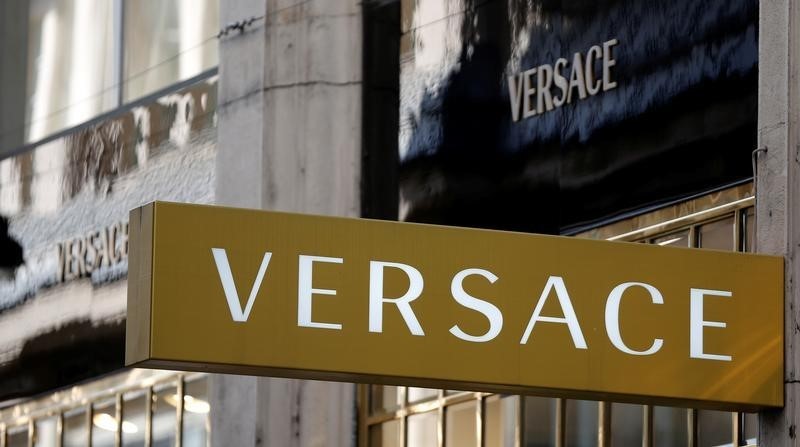Behind Luxury Goods

The theory of supply and demand denotes that as the price of a product increases, the quantity of the product left over with the seller increases as well. Gucci. Prada. Louis Vitton. Hermes. Chanel. We know these brands by their influence... and their price tags. Nearing the end of 2017, the world's top 100 luxurious brands grew towards annual sales of one trillion US dollars. But what makes these goods so desirable and able to defy the theory of supply and demand?
There is something about an item being "limited" that makes people open their wallets. These brands advertise the hiked up price tags of their goods in order to create the illusion of being part of an exclusive group-- higher class. The illusion continues as brands avoid producing large numbers of their products to make the consumer believe their purchase is rare. In recent news, Payless Shoes created a fake luxurious boutique which exemplifies this phenomenon. The store was set up in a luxury mall located in Los Angeles, CA, and was named, "Palessi". Sixty fashion influencers were invited to the scene. They bought the same $19.99 shoes from Payless Shoes but the price of the shoes increased to $645 at Palessi. That's nearly a 3,150% increase in price! One influencer said, "Just stunning. Elegant, sophisticated. I can tell it was made with high-quality material." believing in the hoax. The experiment shows how people are willing to spend top dollars for the specialty of being associated with an exclusive label.
Will this trend continue as the world progresses towards an online platform? For decades, the luxurious brand industry has been able to grasp strong financial results through the harmony of exclusivity and accessibility. Brands were slow to adopt digital media trends so that their brands would stay "rare" to the public. The internet has enabled consumers to purchase items in seconds at their fingertips. As the world becomes more digital with mass availability, mass reach and lower prices, the brands are forced to comply with the new purchasing trend while possibly compromising their exclusivity.
Sources:
https://www.elle.com/fashion/accessories/a25361265/payless-trick-fake-luxury-shoe-store-palessi/
https://au.investing.com/news/stock-market-news/briefskyfii-signs-contract-with-luxury-fashion-brand-versace-1131932
https://www2.deloitte.com/content/dam/Deloitte/mx/Documents/consumer-business/2018/Global-Power-of-Luxury-Goods-2018.pdf


This was a really interesting post and I learned a lot about the effect of having items be "limited." In fact, when I looked into the topic further, I found out that companies are actually utilizing this idea to promote growth. Around 2017, Coach decided to close some of their stores to increase their supposed "exclusivity" and in turn make the entire brand seem more limited. This allowed the company to recover from their economic slump and goes to show how limited products increases people's willingness to spend money. Despite the progress towards online platforms, it is apparent that people still glamour around exclusivity and correlate it back to an increase in quality or worth of a product.
ReplyDeleteSources :
https://www.investors.com/news/coachs-revenue-misses-will-close-25-of-n-america-wholesale-stores/
http://fortune.com/2017/05/24/coach-victor-luis-stuart-vevers/
I absolutely agree that the whole idea behind these "luxury goods" is the social status that it puts on buyers in certain groups. Even though the items are extremely often poor quality, just the name brand tells people about what buyers are willing and able to spend, and in their minds set the social status upon that. However, many people are not affected buy these brands and just joke about them or the idea of people paying so much for something that is equally or even much better for an enormously lesser price.
ReplyDelete